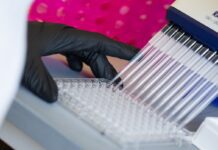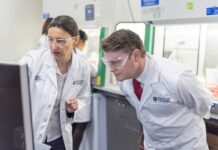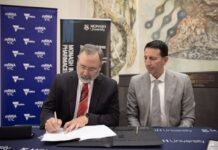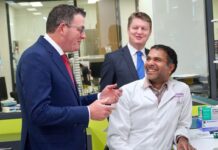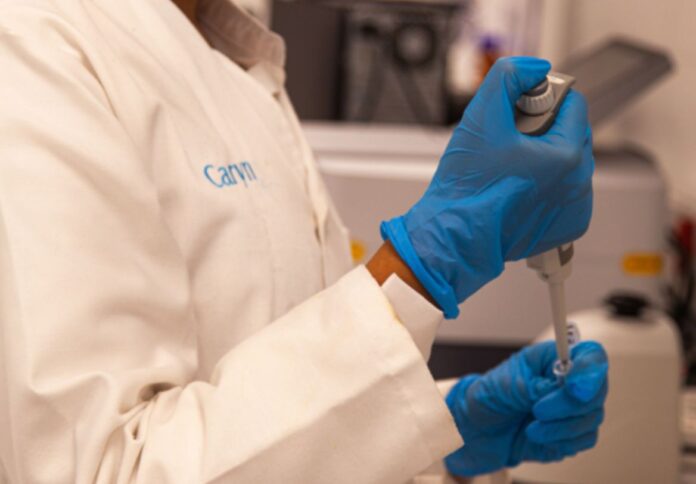
Representatives from mRNA Victoria have signed an international partnership with Afrigen Biologics and the South African Medical Research Council to develop and manufacture next-generation mRNA vaccines and medicines.
The partnership between South Africa and the Australian state seeks to boost low-cost mRNA vaccine production capacity in low- and middle-income countries worldwide and train international workforces in mRNA vaccine advanced manufacturing.
The memorandum of understanding signed by the two jurisdictions will focus on sharing knowledge across three key areas— best-practice mRNA advanced manufacturing, mRNA workforce training and development, and research collaboration.
“mRNA Victoria and the mRNA Hub at Afrigen, in partnership with the South African Medical Research Council, will collaborate on a portfolio of projects focusing on process improvements, novel delivery systems and end-to-end development of new mRNA vaccine candidates,” said Prof. Petro Terblanche, CEO of Afrigen Biologics.
As part of the partnership, representatives from the Afrigen Biologics and South African Medical Research Council delegation are expected to visit research institutes in Victoria to discuss potential collaborations.
The Victorian institutes will include the Peter Doherty Institute for Infection & Immunity, Burnet Institute, and Monash Biomedicine Discovery Institute at Monash University’s Clayton campus, the Victorian government said in a press release.
The agreement between the two jurisdictions follows recent collaborative agreements inked by mRNA Victoria with the United Arab Emirates and South Korea, along with global mRNA industry leaders, Moderna and BioNTech, which are set to establish operations in Melbourne.
Minister for Industry and Innovation Ben Carroll said the latest partnership further positions Victoria as a global leader in the mRNA industry and ensures the state plays a critical role in assisting other countries to develop vaccines and medicines using the technology.
The Victorian Labor Government has invested over $1.3 billion in medical research since 2014, helping create more than 100,000 direct and indirect full-time jobs in the state’s biotech sector.




